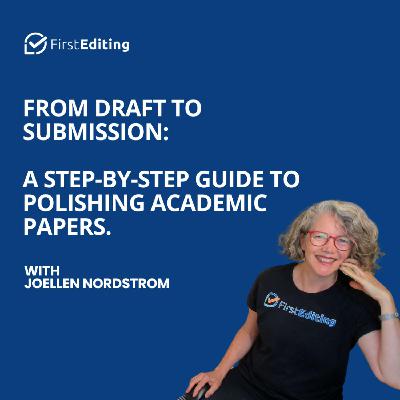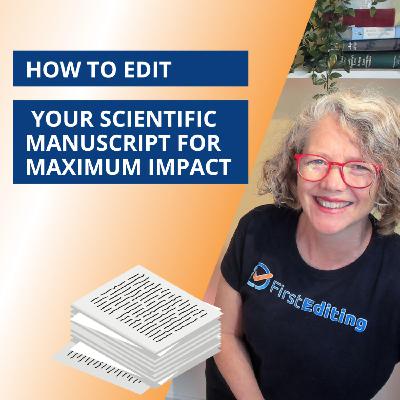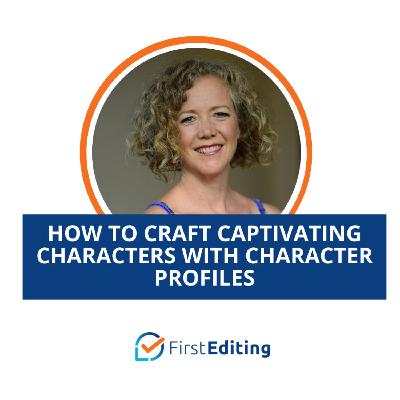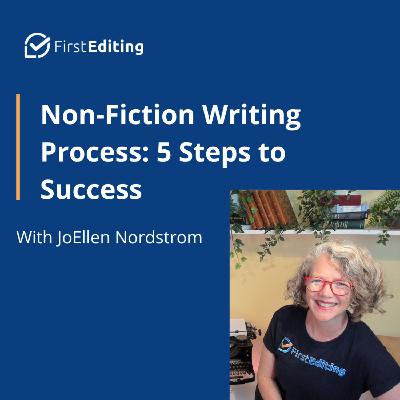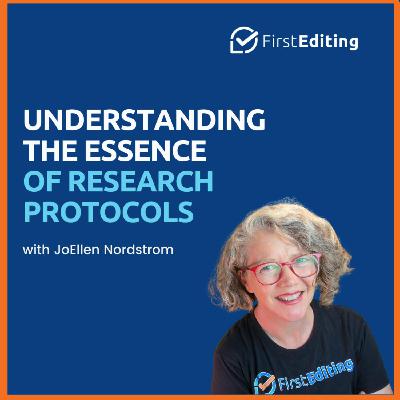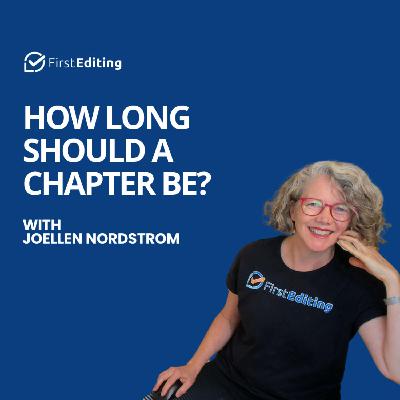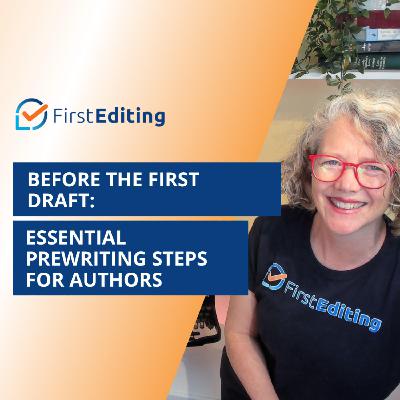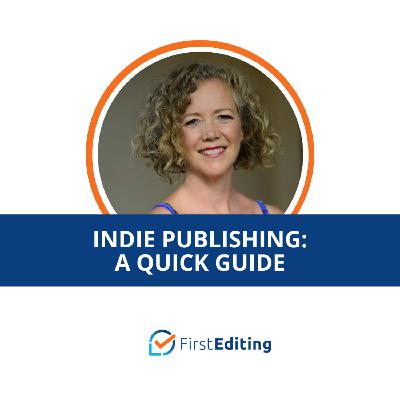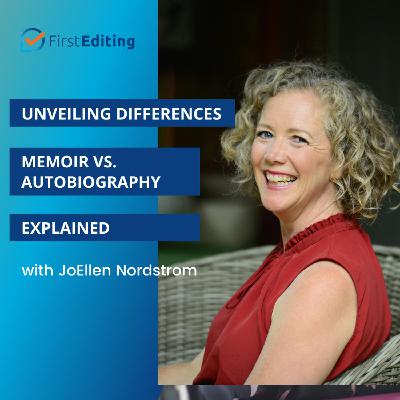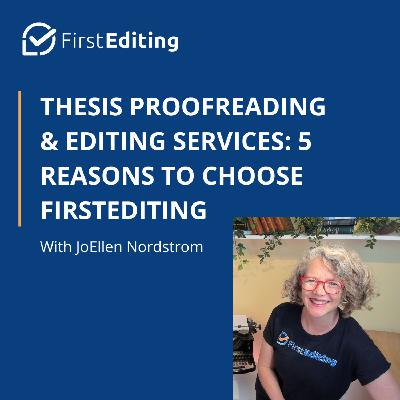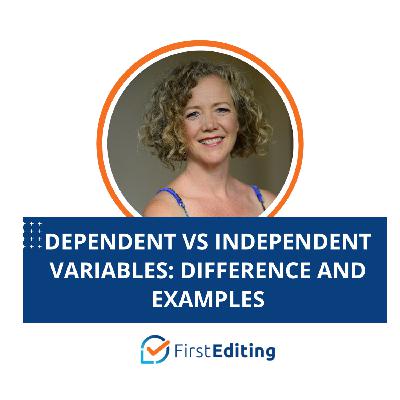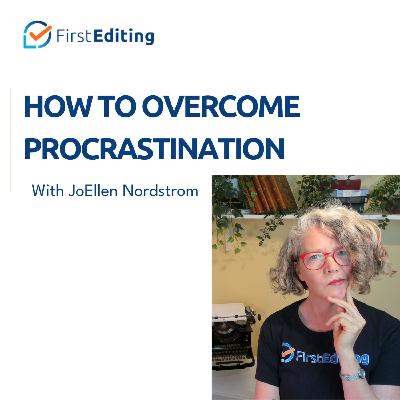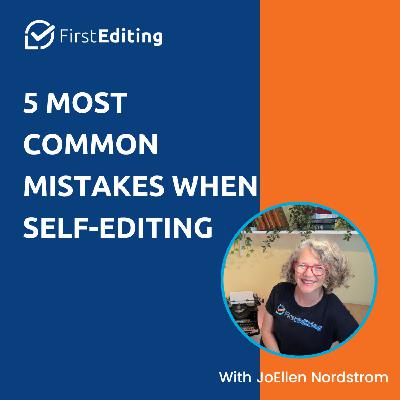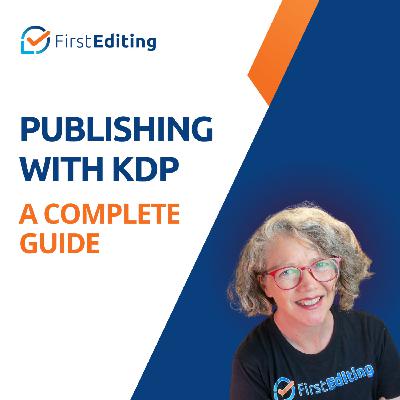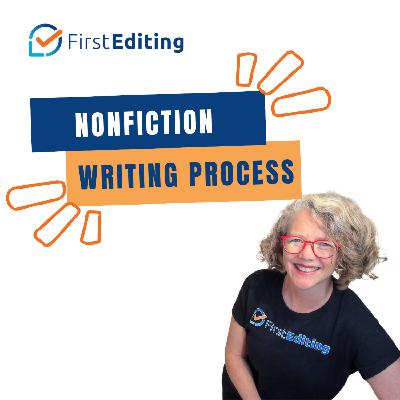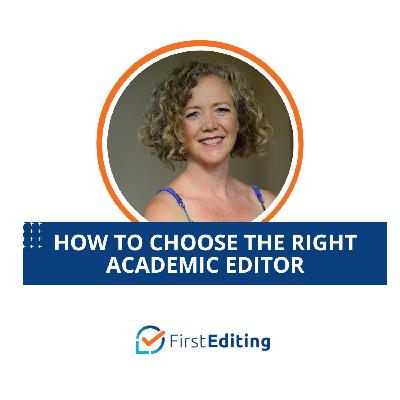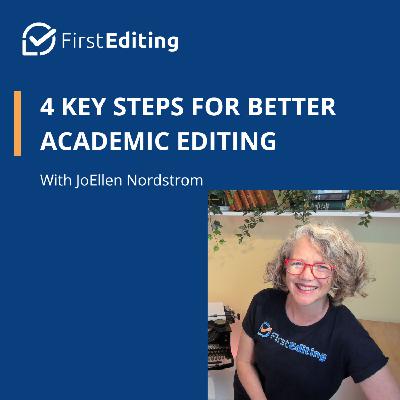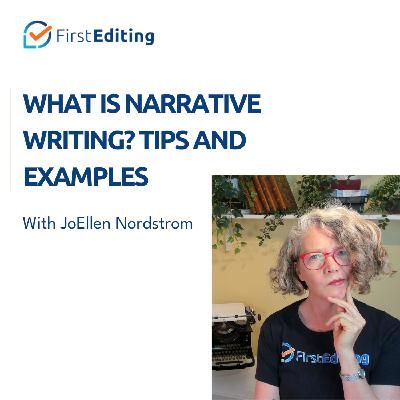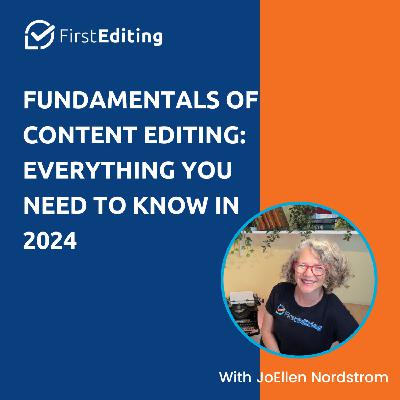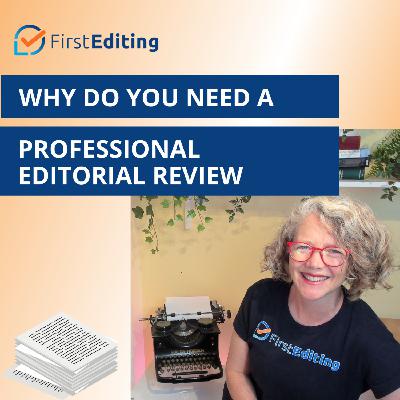
The First Editing Podcast
Author: JoEllen Nordstrom
Subscribed: 15Played: 319Description
The First Editing Podcast helps writers succeed!
Learn how to successfully write, edit, publish, and launch your book today from proven leaders and talented writers.
Discover the latest tips, tools, and tricks to publishing independently, traditionally, or as a hybrid publisher.
Listen to our carefully selected, knowledge-based interviews with the leading writing-industry experts. We’ll provide insight and up-to-date guidance in the ever-evolving world of publishing.
Learn how to plan, what to do, and where to get help publishing when you need it.
Plus, you get honest reviews of the various writing tools, apps, plugins, and services which can help (or hinder!) you to publish successfully!
Regardless if you write fiction, nonfiction, copy, or academic research, you will find a golden nugget here that will help you succeed.


